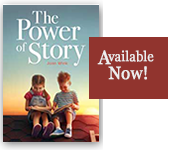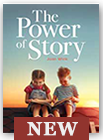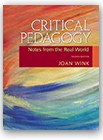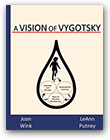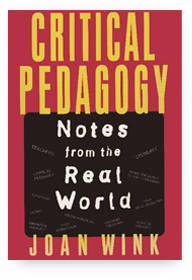Except from:
Wink, J. (2011, 4/e, pp.2-4) Critical Pedagogy: Notes from the REAL WORLD. Upper Saddle River, NJ: Pearson Education, Inc.
PIVOTAL PERSONAL AND PROFESSIONAL EXPERIENCES
When I am invited to speak with groups, there is always one question that is asked: What is the most profound personal experience you have had that affected you professionally? Most recently, it was cancer. Yes, it shook my whole world, but I’m doing great today. In addition, I still plan to live long enough to see a woman in the White House and to see the age of top-down, government mandated, skills-based, ideologically grounded teaching stop, so that we can return to a more critically reflective approach, as Socrates taught.
Another experience happened many years ago, when I was about thirty years old and lived in an evil state far, far away. I completed my units for a master’s degree, wrote my thesis, and went to turn it in to my lead professor, who told me that I would receive his signature on my completed degree plan if I would sleep with him. I walked out the door and never looked back.
I, like many graduate students and teachers, had a very demanding and complex life. Mine included a three-year-old, a six-year-old, a husband changing jobs, and a U-Haul truck sitting out in front of the house. I never mentioned my professor’s proposition again-not to my family, not to anyone. This time period still remains blank on my resume. For years I worried that others would find out about my failure. My adult children learned about it when they read the third edition.
I DROPPED OUT
Mostly, I recall the shame I felt. It is now clear to me what was taken from me that day: Time, money, a master’s degree, courage, and self-confidence are a few of the things that come to mind. Critical pedagogy has also enabled me to understand more fully what role I was playing in that process. I never should have walked away. I should have taken action to make sure that it was he who walked away from that university and carried the shame, not me. Critical pedagogy calls us to action.
Here is what happened the next few years: I stayed away from universities for fear that I would be found out. Eventually, I did a second MA in another state; I remember worrying that this university would wonder about those empty years on my resume. When I successfully completed that MA, I was sure that it was just luck. So I did yet another MA-apparently to assure myself that I could. So let me count-I now have three MAs: two for which I received diplomas and one that was left in that evil state far, far away. I was forty-five years old when I started my PhD and began exploring critical pedagogy. The language was new to me-but not the ideas. In 1991, I was finally ready to take up my first tenure-track assistant professor position.
Coincidentally and simultaneously, the fall of 1991 was the time of the Anita Hill-Clarence Thomas hearings. I, like many, sat on the couch and watched. I was spellbound. After a few days of this, I said to my husband, “No one ever made a pass at me in the professional world. Listen to all of these stories. You would think this was rampant in the workplace.” I stayed on the couch, turned back to the television, and suddenly burst into tears. It all came back. I might have conveniently arranged to forget it, but apparently I was still carrying it. The memories consumed me and shocked me. Shocked my husband, too.
Wolf (1993) wrote about the Anita Hill-Clarence Thomas hearings as a time of “genderquake” in the United States. I now recognize that the earth shook for me too.
We may never know the truth or falsehood of what was alleged in the hearing room, but what is certain is that something critical to the sustenance of patriarchy died in the confrontation, and something new was born. The sight of a phalanx of white men . . . showing at best blank incomprehension, and at worst a cavalier, humiliating disregard for women’s reality and testimony, was a revelation to the nation’s women of the barrenness of democracy without female representation, as well as being an unmasking of male authority (Wolf, 1993, p. 5).
It was not long after this when I learned, over a cup of coffee with a male colleague, that my men friends with comparable professional experience were paid more than I at the university. I remember him saying, “Joan, I could never be you. I couldn’t afford to support my family.” For a brief second, I remember thinking that the issues of power that revolve around gender were not mine; I was more at home in the world of power as it relates to cultures and languages. The legacy of critical pedagogy flashed in front of me: to name, to reflect critically, to act. This time I did not walk away, and the yellow roses planted in my front yard are my personal and, until now, private celebration of the three-year battle it took for me to convince a large educational system that social justice does matter. Nieto (1996) says that critical pedagogy is an exploder of myths. It sure exploded a few for me.
Critical pedagogy has made me look back and rethink my life in schools. Maybe it wasn’t as I first thought. Critical pedagogy helped me to unlearn, to unpack, and to rewrite my experiences. Critical pedagogy is about reading and writing our real world. Critical pedagogy gives us the courage to say what we have lived.
People consistently tell me that my book is personal. Yes, I know. I am writing about what I have personally experienced in life and learning. Critical pedagogy has enabled me to name, to reflect critically, and to act. Nieto (1996) says that this three-step process need not be linear and direct. That was true for me. It took a couple of kids, five grandkids, one husband, four decades, and several states. Linear or not, I hope that critical pedagogy will be as powerful in your life.
